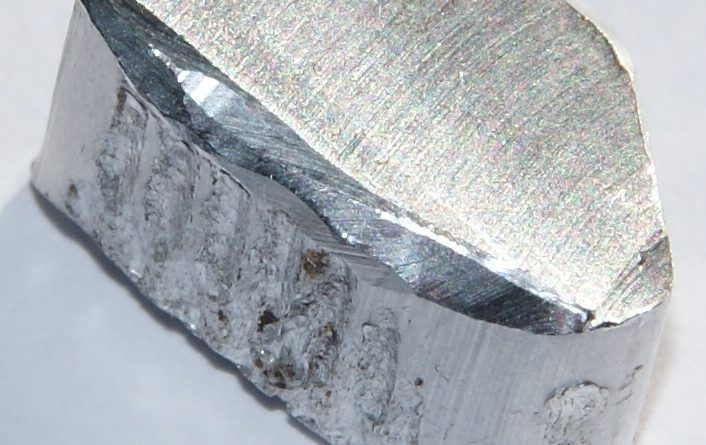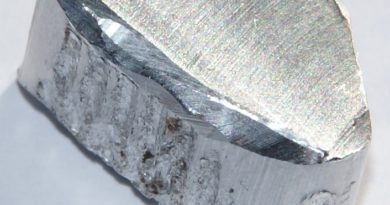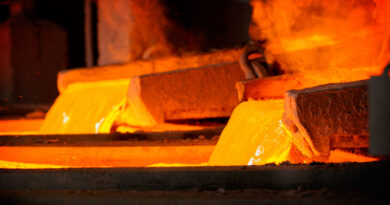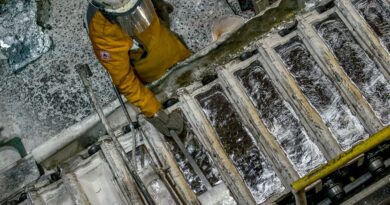Hydro expands Hydro CIRCAL offering to foundry alloys
Aluminium and renewable energy company Hydro’s premium recycled product, Hydro CIRCAL, is now available in both extrusion ingot and foundry alloy formats. It maintains a minimum of 75 percent post-consumer scrap content, enabling automotive companies to use Hydro CIRCAL for critical parts such as wheels, battery boxes, and structural and engine components.
By introducing foundry alloys to the Hydro CIRCAL portfolio, Hydro strengthens its support for automotive customers aiming to reduce emissions and increase circularity. The new offering is designed for high performance applications, and aligns with the industry’s most ambitious decarbonization and sustainability initiatives.
“Hydro CIRCAL has set the benchmark for recycled aluminium since its launch in 2019. By expanding Hydro CIRCAL to the foundry alloy product portfolio, we are opening new doors for our automotive customers to decarbonize parts of their cars with high-quality recycled aluminium containing at least 75 percent post-consumer scrap. We are excited to create new tailor made solutions for our customers that support their ambitious decarbonization roadmaps,” says Hanne Simensen, Executive Vice President of Hydro Aluminium Metal.
Several customers, particularly in the automotive sector, have expressed interest in Hydro CIRCAL in foundry alloy format. This is driven by more ambitious decarbonization targets where increased material circularity is seen as a key enabler for reducing embedded emissions in critical components.
Alumetal’s Nowa Sol plant verified to produce Hydro CIRCAL
The expansion to foundry alloys comes after Alumetal’s Nowa Sól’s sorting plant in Poland was verified by DNV to meet Hydro CIRCAL standards. Alumetal has been fully owned by Hydro since 2023.
Hydro CIRCAL is Hydro’s premium recycled aluminium, guaranteeing a minimum of 75 percent post-consumer scrap (PCS) content, verified by third-party auditor DNV. This high recycled content is made possible through Hydro’s advanced sourcing, sorting and traceability technologies. The higher the recycled content of post-consumer scrap, the lower the carbon footprint.




